8 Benefits of Goat Milk for Health, Its Benefits are No Less than Cow's Milk
Goat milk may be less popular than cow's milk, but don't underestimate the benefits of goat milk. Here are some rarely known benefits of goat milk.
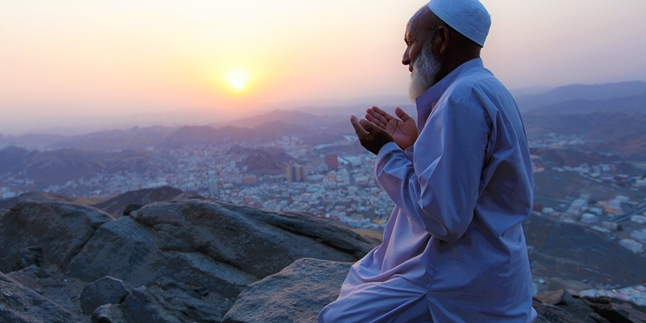
Kapanlagi.com - The pillars of Islam are the main foundation that should be practiced by Muslims. The pillars of Islam consist of 5 obligations that must be fulfilled and these 5 obligations are the basis for Muslims. As a Muslim, you must know what is meant by the pillars of Islam and the tasks that must be performed.
Within the pillars of Islam, there are obligations that must be performed either as obligatory or recommended acts. Obligatory acts will result in sin if not performed, while recommended acts will not result in anything if not performed, but will be rewarded if performed. Therefore, according to various sources, here are the 5 pillars of Islam and their explanations that you must know as a Muslim.
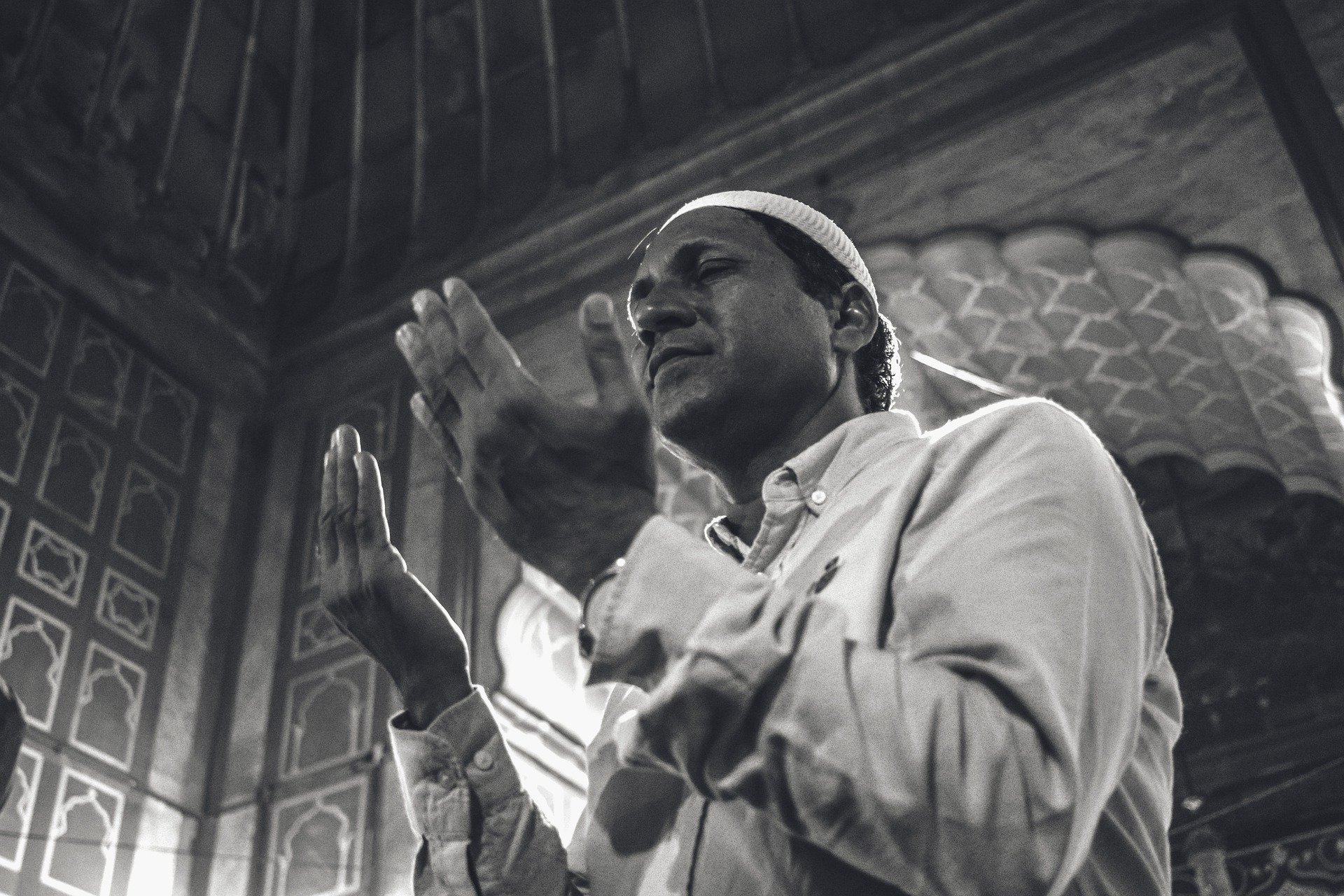
credit: Pixabay
When a convert wants to enter Islam, they must recite the Shahada, which consists of two sentences, as a testimony and belief that Allah SWT is their god and Prophet Muhammad (PBUH) is the messenger of Allah SWT. This also means that if you are a Muslim and choose Islam as your belief and guidance in life, you must believe that Allah SWT is the god to be worshipped and Prophet Muhammad is the messenger of Allah.
The recitation of the two sentences of the Shahada is as follows:
ashadu al la ilaha illa lLah
wa ashadu anna muhammadar rasulu lLah
Meaning:
I bear witness that there is no god but Allah, and I bear witness that Muhammad is the messenger of Allah.
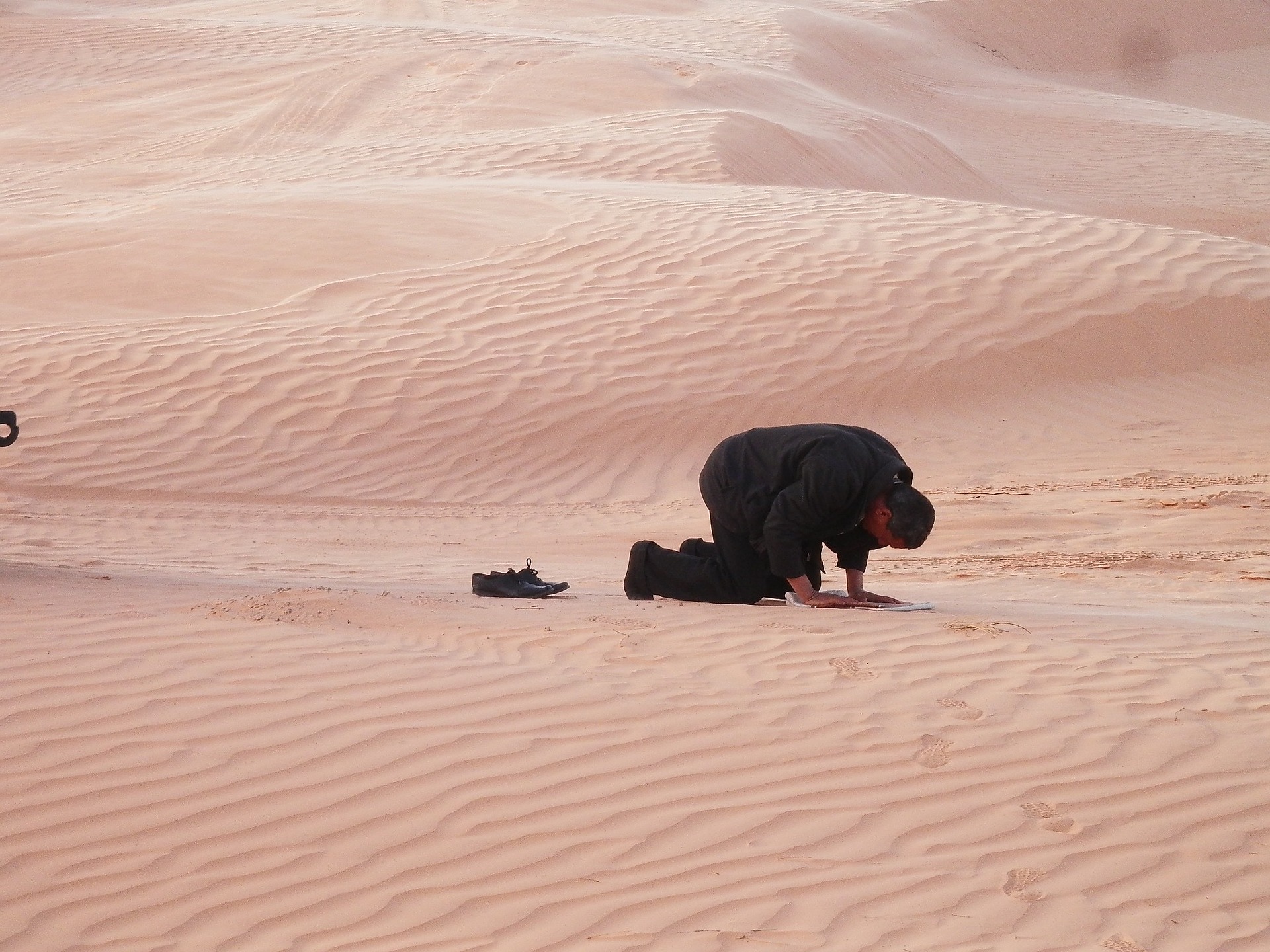
credit: Pixabay
The second pillar is to perform prayers, which means performing obligatory prayers and also voluntary prayers. Obligatory prayers refer to the 5 daily prayers that we must perform, if not performed, it will be considered a sin. And voluntary prayers are additional prayers performed to obtain rewards and blessings from Allah SWT. Obligatory prayers consist of 5 daily prayers with a total of 17 units. Obligatory prayers can be performed individually or in congregation.
These obligatory prayers are intended to bring a servant closer to Allah SWT, who is the creator, and prayers are also a means to prevent a person from committing sinful acts such as indecency and disobedience. Not only that, prayers can make a person feel calm and can help guide their lives in the right path according to Allah SWT.
Prayers are not done casually, before performing prayers we must be in a state of purity from major and minor impurities, and we must also perform ablution before performing prayers. These are the 5 daily prayers which consist of:
- Fajr prayer 2 units = Performed when dawn begins to appear from the east until sunrise.
- Dhuhr prayer 4 units = Performed when the sun starts to decline until something along the length of shadows.
- Asr prayer 4 units = Performed after the Dhuhr prayer time ends until the sun turns yellow and should not be delayed until the end of the time.
- Maghrib prayer 3 units = Performed when the sun sets and ends with the disappearance of the red twilight, and should not be delayed until the end of the time.
- Isha prayer 4 units = Performed after the Maghrib prayer time ends until the end of the night and should not be delayed after that.
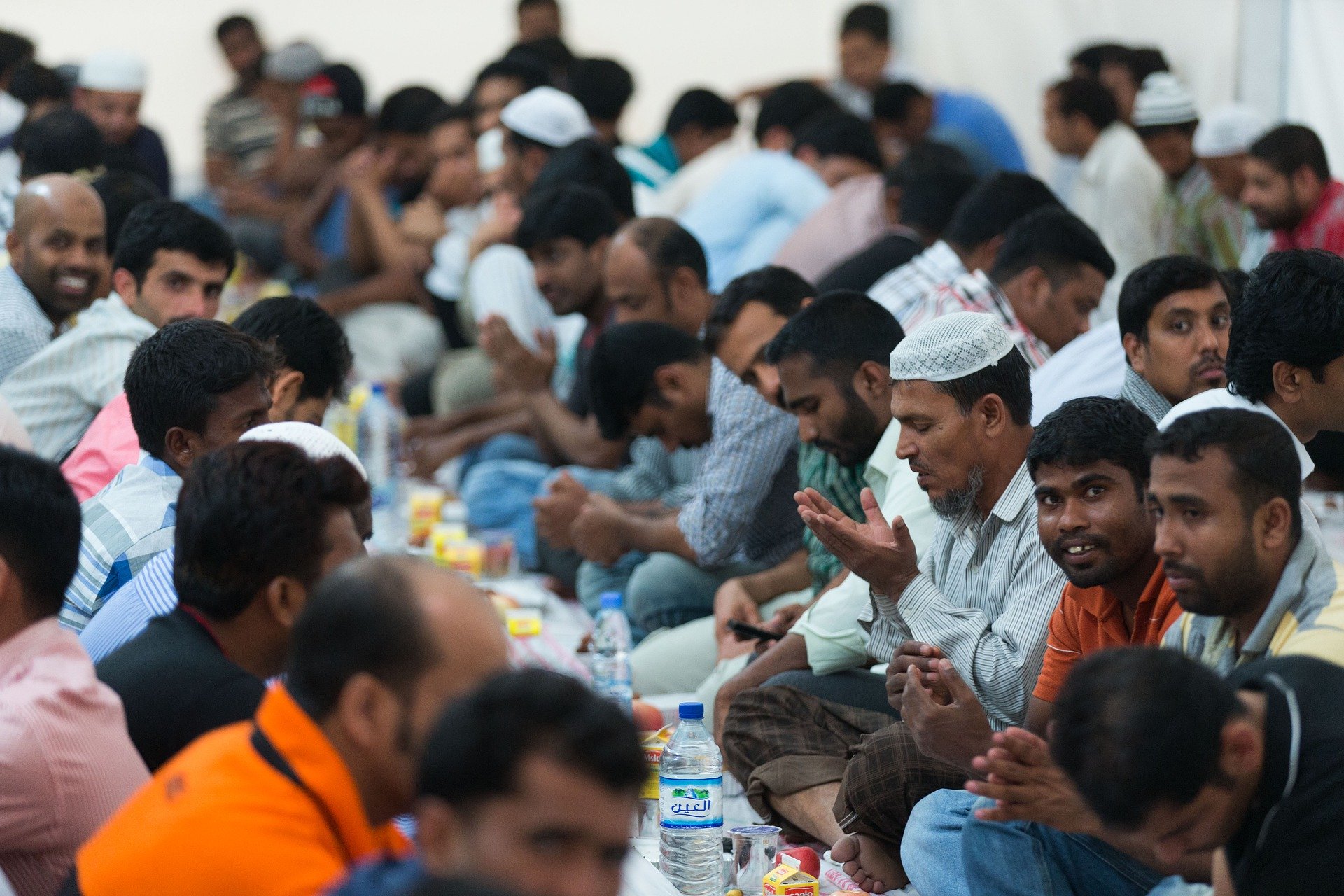
credit: Pixabay
The third pillar of Islam is to observe fasting. The fasting referred to here is the fasting of Ramadan, which occurs on the ninth month of the Islamic calendar and only happens once a year. Fasting during Ramadan is one of the obligatory fasts based on piety towards Allah SWT. Observing fasting will receive blessings if done with pure and sincere intention for the sake of Allah SWT. Fasting during Ramadan is performed for the entire month, with certain conditions.
Women who are menstruating are not allowed to observe fasting because they are in a state of impurity. Fasting is performed to restrain the desires within every Muslim, as desires are the greatest enemy within every human being. If we can control these desires, then truly we are among those who have faith and piety towards Allah SWT.
Fasting begins at dawn or when the time of Fajr prayer arrives until sunset. When the sun starts to set and the Maghrib prayer is called, every Muslim is obligated to break their fast. And here is the intention prayer for fasting that every Muslim who wants to observe fasting should recite:
Nawaitu sauma ghadin an'adai fardi syahri ramadhani hadzihisanati lillahita'ala
Meaning:
I intend to fast tomorrow to fulfill the obligation in the month of Ramadan this year, for the sake of Allah Ta'ala.

credit: iStock
The fourth pillar of Islam is zakat, and zakat is an act of worship that must be performed by Muslims with sufficient livelihood. Zakat is the act of giving a portion of one's worldly possessions to those in need, such as the poor, orphans, widows, and widowers, as well as widows left behind by their husbands. Zakat itself has conditions that have been explained in the Quran, such as the nisab of 20 mitsqal of gold, the nisab of 200 dirhams of silver or the equivalent amount in paper currency. In addition to using gold, silver, and money, we can also give zakat using grains, fruits, and rice.
To give zakat in one year, there are requirements that must be fulfilled, such as giving 20% of gold, silver, and trade profits in one year. As for grains and fruits, 10% must be given each year if the river or water flow is good, and 5% if the river or water flow is difficult. In addition to being an obligation, zakat is performed to eliminate sins, protect from dangers, and bring happiness to those who are less fortunate. Zakat can also soften a person's heart, keep them humble, and foster good relationships between the wealthy and the needy.
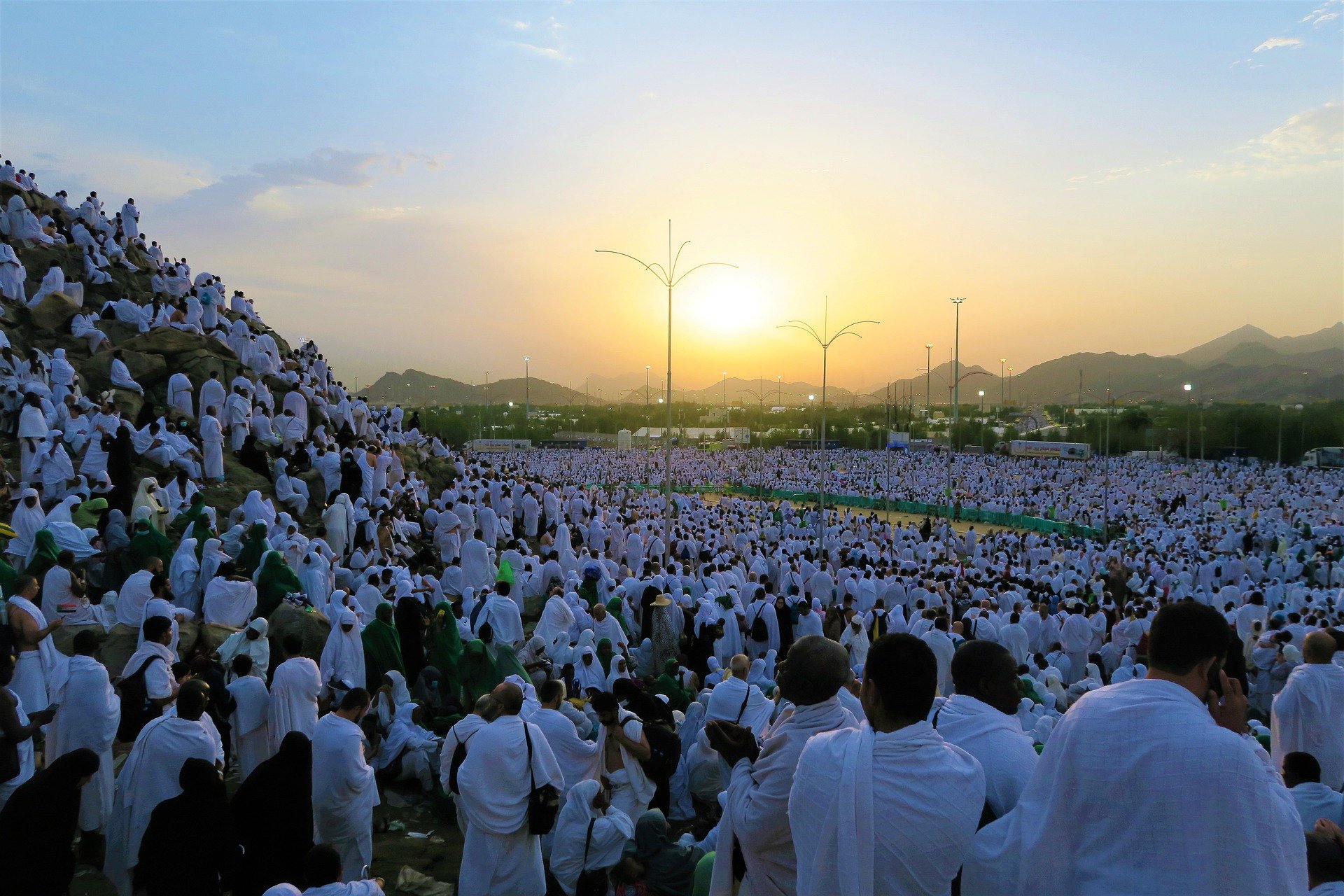
credit: Pixabay
And the last pillar of Islam is performing Hajj, which is done if we are able to do so. But Muslims all over the world who are able are required to perform the Hajj pilgrimage at least once in a lifetime, but it is not mandatory for those who are unable. Hajj is performed as a form of worship to Allah SWT, involving the soul, body, and also wealth. Then the Hajj pilgrimage is performed to show that there is no difference in this world because everyone is a servant of Allah SWT.
There is no distinction between skin color, position, class, rich or poor, big or small, beautiful or ugly, there is no value in the eyes of Allah SWT. Because we humans on this earth are His creation. Therefore, the Hajj pilgrimage is an effort and a call from Allah SWT to His people who are ready to carry it out with a pure and sincere heart.
Those are the 5 pillars of Islam along with their explanations that you must know. Truly, good worship is worship that is mandated by Allah and performed with a sincere heart for Allah SWT.
(kpl/dhm)
Cobain For You Page (FYP) Yang kamu suka ada di sini,
lihat isinya
Goat milk may be less popular than cow's milk, but don't underestimate the benefits of goat milk. Here are some rarely known benefits of goat milk.
Do you know what bidara leaves are? Bidara itself is a type of small fruit-bearing tree that grows in dry areas and has various benefits for health and beauty.
The sour taste and abundant seeds are very characteristic of this tropical fruit. Especially if not passion fruit which is very familiar to the Indonesian people. But who would have thought behind its sour taste, passion fruit has many benefits for body health.
In addition to being one of the rice substitutes, potatoes can also be a healthy snack. What are those snacks? Let's check it out.
In addition to being the main spice in food, it turns out that this kitchen spice can also be a healthy drink. What are the health benefits? Let's check it out.
Planning to leave the house during the new normal? Follow these tips to stay safe during the new normal.
For some people, they will certainly also prepare from the beginning to enter the new normal order. If adults need to prepare themselves, then how to prepare for children?
Kenikir leaves are often used for vegetable dishes. But, what are the benefits of kenikir leaves for health? Find the answers here.
In addition to being made into porridge, mung beans can also be made into delicious and healthy snacks. What are these snacks? Let's check them out.
One common problem that occurs on the face is dry and dull skin. Various methods are used to overcome this facial problem. The natural and low-budget way to care for dry and dull skin can be done.
To get a healthy body, taking about 20 minutes a day has a tremendous benefit if you do morning running regularly. Indeed, you have to do it with strong determination so that you can reap the benefits of morning running.
Although the corona covid-19 pandemic has not completely disappeared, the implementation of the new normal era is planned to start in early June. Some areas have prepared to enter the end of large-scale social restrictions (PSBB).